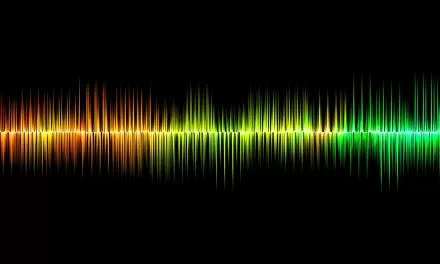There’s something almost musical about the way our brains work while we sleep. Imagine the rhythms of a symphony orchestra, with each note played in perfect harmony—this is not far from what is happening inside your brain. According to a new study from Northwestern Medicine, breathing plays a crucial role in synchronizing brain waves that strengthen memories during sleep.
The study, which marks the first time scientists have linked breathing rhythms to hippocampal brain waves, uncovers a fascinating mechanism at the core of memory consolidation. The hippocampus, a region of the brain responsible for memory, uses the rhythmic patterns of our breathing to organize and reinforce memories.
Breathing Synchronizes Brain Waves
In a groundbreaking discovery, researchers found that three key neural oscillations—slow waves, spindles, and ripples—emerge during sleep and synchronize with the rhythm of breathing. These oscillations are critical for memory consolidation, a process that strengthens and organizes the information we acquire during the day.
Christina Zelano, a professor of neurology at Northwestern University Feinberg School of Medicine and senior author of the study, explained, “To strengthen memories, three special neural oscillations emerge and synchronize in the hippocampus during sleep, but they were thought to come and go at random times. We discovered that they are coordinated by breathing rhythms.”
Andrew Sheriff, a postdoctoral student in Zelano’s lab and corresponding author of the study, emphasized that these findings highlight the active role breathing plays in memory consolidation. “Memory consolidation relies on the orchestration of brain waves during sleep, and we show that this process is closely timed by breathing,” Sheriff said.
The Science Behind Sleep and Memory
While the connection between sleep and memory has long been established, this research offers a deeper understanding of how the brain uses specific brain waves to reinforce memories. Memory consolidation occurs when the brain processes and strengthens memories, and it relies on the precise coordination of brain waves in the hippocampus. These brain waves are now shown to align with the breathing cycle, demonstrating the intricate link between respiration and memory.
Sheriff shared a personal anecdote to explain how memory consolidation works. “When I attended a conference in Reykjavik, Iceland, I had to find my way around an unfamiliar city. After a good night’s sleep, I realized my sense of direction had improved. This was because, during sleep, my brain replayed and solidified the experiences I had earlier, using specific brain waves to organize and strengthen this spatial memory.”
Implications for Sleep Disorders
The study’s findings could have significant implications for individuals suffering from sleep-disordered breathing, such as sleep apnea. Conditions that disrupt breathing during sleep can lead to poor memory consolidation, cognitive challenges, and even increase the risk of neurodegenerative diseases like Alzheimer’s and dementia.
Sheriff noted, “When you don’t get proper sleep, your brain suffers. You get foggy, and your cognition declines. Disrupted breathing during sleep can have serious consequences, including an increased risk of stroke and dementia.”
Interestingly, the study also suggests that the rhythm of our breathing during sleep serves a specific purpose in memory consolidation. “Breathing is paced differently during sleep, and one reason for that might be that it’s coordinating brain waves related to memory,” said Sheriff.
A New Frontier in Sleep Research
This groundbreaking research adds a new dimension to our understanding of sleep and memory. It underscores the importance of addressing sleep disorders to maintain cognitive health and improve memory. Sheriff encourages individuals with disrupted breathing to seek treatment, as improving sleep could lead to significant benefits for overall brain function.
This study, funded by the National Institute on Deafness and Other Communication Disorders, is published in the Proceedings of the National Academy of Sciences and opens new doors for interventions aimed at enhancing memory and cognitive health.
As scientists continue to uncover the intricate mechanisms of sleep, this research provides a crucial piece of the puzzle in understanding how we store and recall information, all thanks to the harmonious rhythms of breathing.












